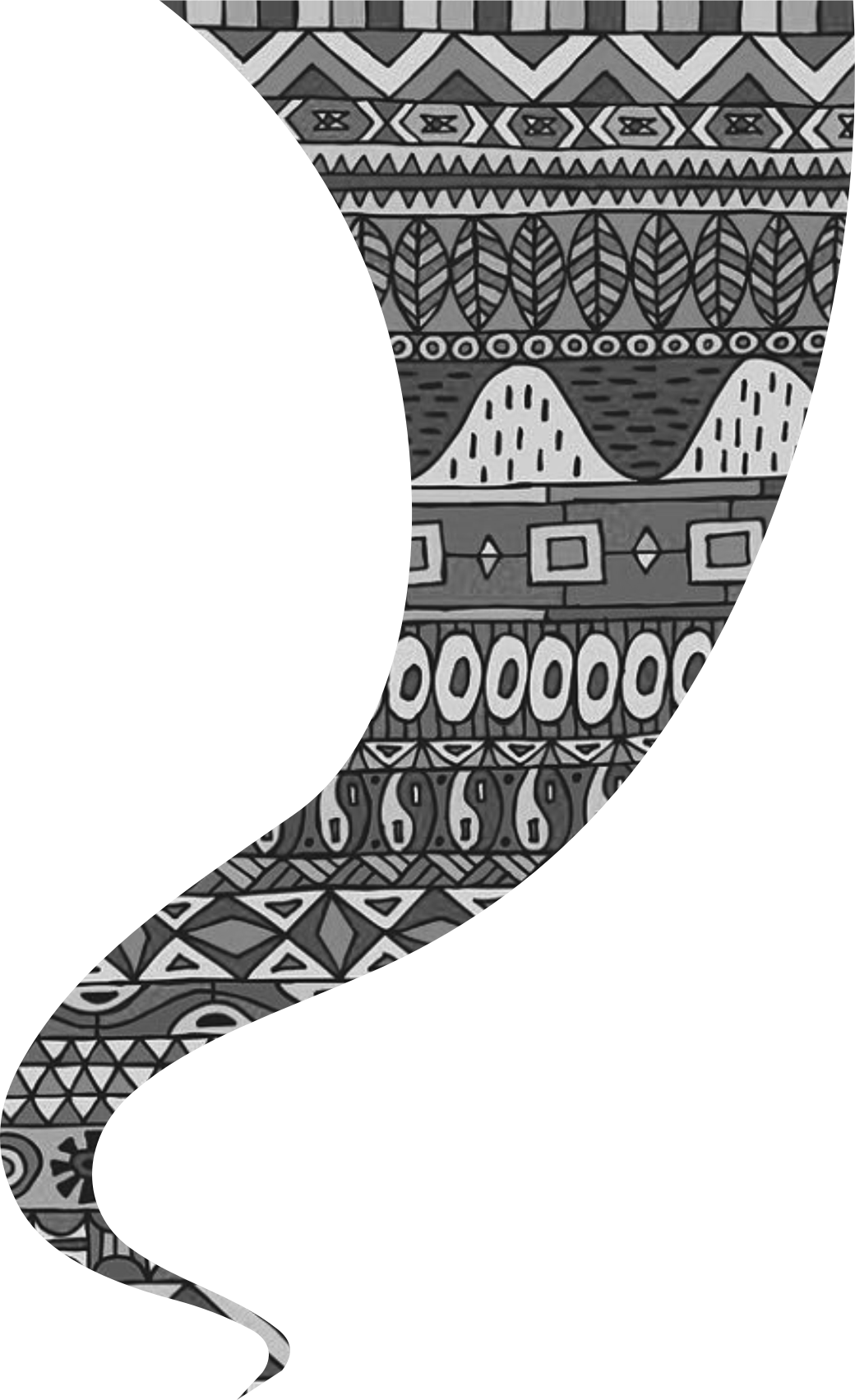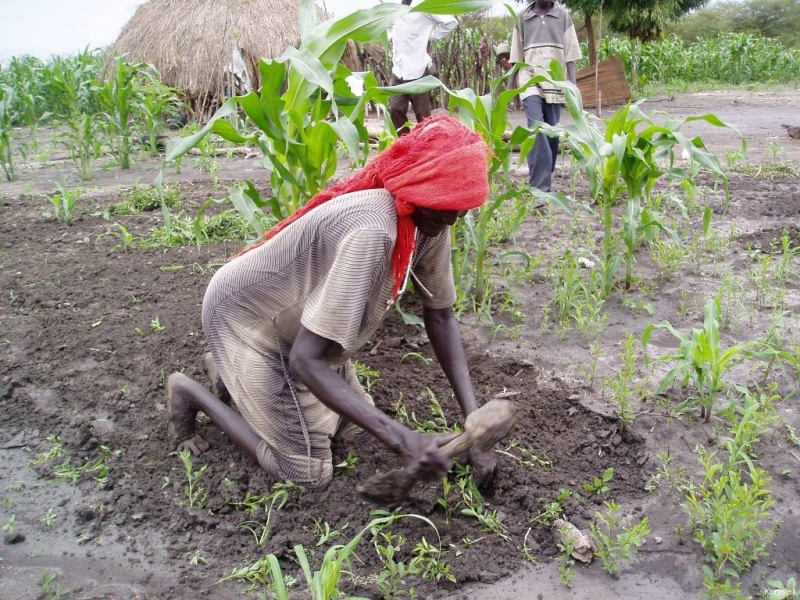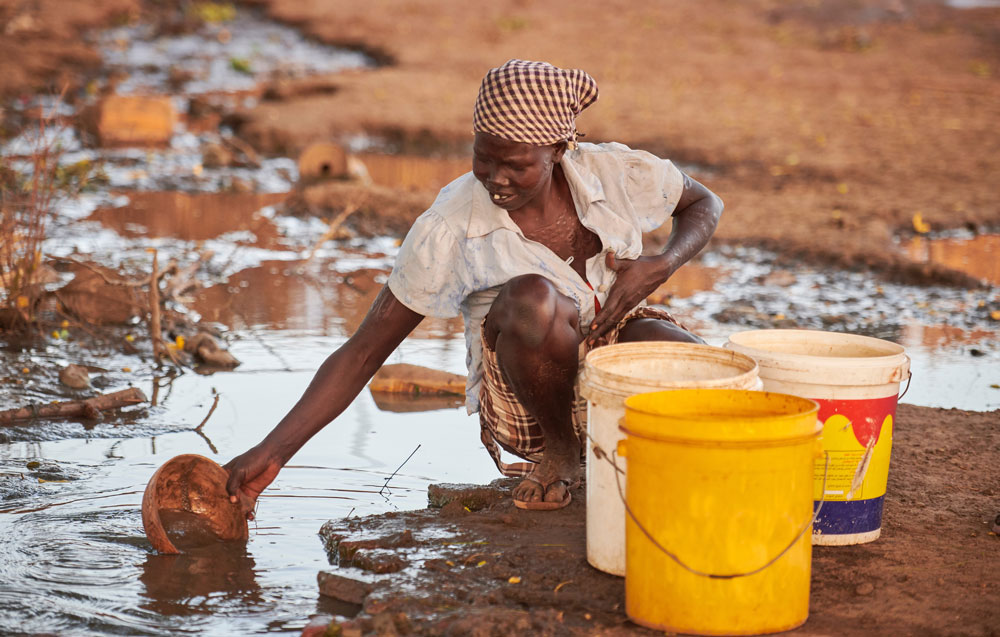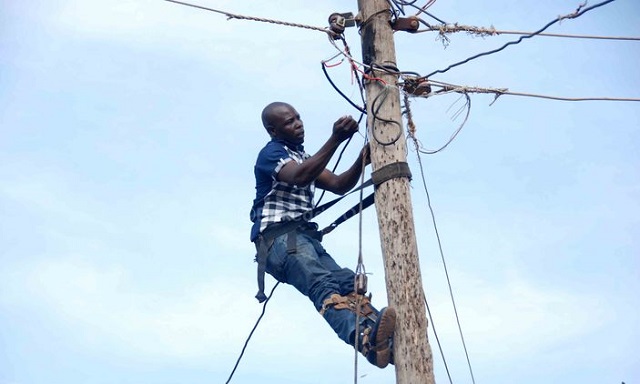



is it
important,
to whom is it
important?
South Sudan
ranks as
one of the five most vulnerable countriesin the world when it comes to the impacts of climate change
(UNOCHA).
The most recent large-scale climate emergency
that happened in May 2021 in South Sudan with the worst flooding
the country has seen in nearly 60 years,
left eight out of ten country’s states affected, and over 800,000 people
are still dealing with the fallout of a crisis.
Over two decades of civil war
in Sudan led to massive loss of life
, destruction, and displacement
that impacted the region.
As of 2022
, the impact of crisis in South Sudan has led to:
- 8.3 million
people in need of
humanitarian assistance,
- 2.3 millionSouth Sudanese
refugees,
- 1.7 million
people
internally displaced,
- 1.4 million children
suffering
malnutrition,
- 483,000 women
suffering malnutrition
South Sudan consistently ranking among the world’s hungriest countries and one with largest refugee crises. More than 7.8 millionpeople will not have enough foodto meet their basic needs in 2023 (RESCUE.org) and 1.7 million people are estimated to be battling emergency levels of hunger across 35 counties. Areas of highest concern are Jonglei, Unity, Lakes, Warrap, western Pibor and Upper Nile. (International Rescue Committee). UN World Food Program estimates that more than75 % of South Sudan's population is in need of food assistance.

Although 90% of South Sudan's land is arable only 4% of the land is cultivated. It is in agricultural land and has one of the largest populations of pastoralists in the world with 87% of population depends on agriculture, livestock and forestry, leading to over-competition for increasingly scare resources such as land and water.
South Sudan is mostly underdeveloped , most cities in the country have no electricity nor running water, and are lacking overall infrastructure. Only 10% of population has access to safely managed and basic sanitation service. Drinking dirty and contaminated water leads to water borne diseases such as cholera and other diarrheal diseases, a leading cause of death among children in the country.

Although South Sudan is abundant renewable energy resources, including solar, wind, hydro, and biomass,the country currently relies heavily on fossil fuels and has a very low access to electricity , with only about 15% of population having access to power. Despite that issues rural to urban migration is driven mainly by the search for employment opportunities and education, as well as 'push factors' such as poverty, food insecurity, crop failure, land shortage, lack of cattle and poor facilities.



More than 70% of people are under the age of 30 . South Sudanese youth, however lack access to employment opportunities, education, and skills. With 72 % of children not attending primary school, the nation has the highest percentage of out-of-school children in the world. The World Bank estimates that only 48% of South Sudan's youngsters are literate in 2020. Children and teens are unable to finish their education because of violence consequences, natural catastrophes, and financial constraints.
Our focus is on delivering tailored projects ready to implement at required scale that will tackle very specific needs of local people living in villages and small cities across South Sudan. Our main concerns are to deliver basic infrastructure for clean water and sanitation, and waste conversion into energy. Securing first those needs, will allow us to go a step further and focus on education and building cooperations between local communities and to create ecologically stable environments rich in vegetables, fruits, herbs, animals and wood to sustain basic consumption needs. Production surplus can be then be sold to generate additional local profits to reinvest and to expand further production capacities. The entire system will become an example of how local circular economies allows to create self-sustained productive ecosystems, where people are actively engage and direct benefit from their work.
With no more poverty and no more lack of basic needs development can be reached.
Become an active member of this radical transformation.
Support our effort and assist us in creating international cooperations that will allow South Sudan to thrive.
We are open to work with everyone who share the same values and can bring valuable input to our projects.
